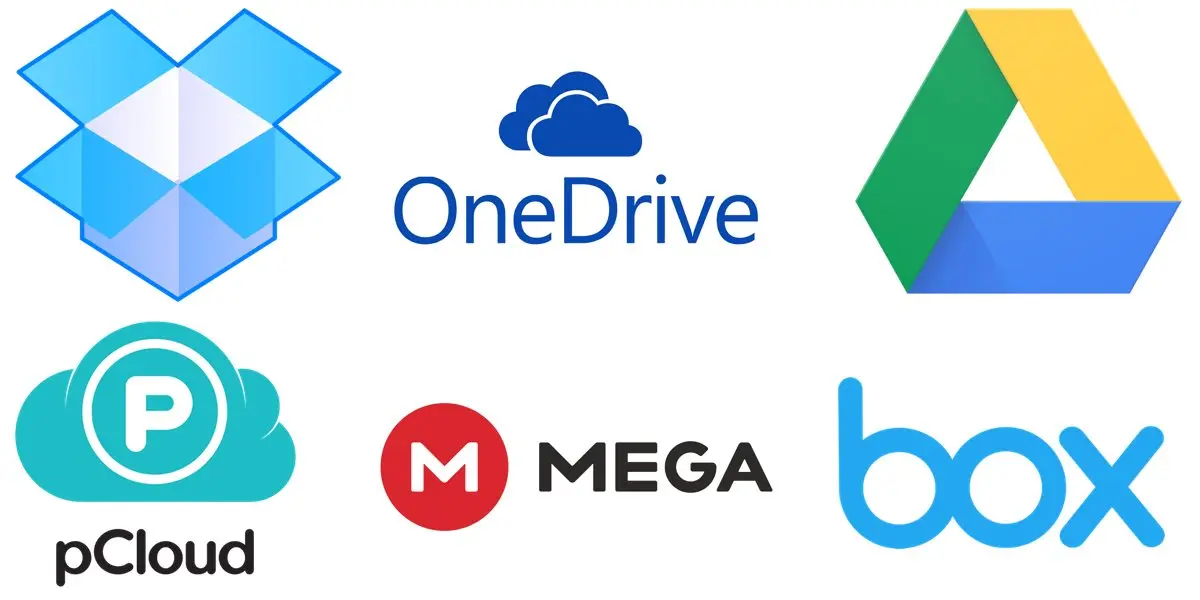Benefits of Cloud Storage
Cloud storage offers several advantages over traditional on-premises storage solutions:
- Scalability: Easily scale your storage capacity up or down based on your needs, without the need for physical hardware upgrades.
- Cost-Effectiveness: Pay only for the storage you use with a subscription-based or pay-as-you-go model, avoiding the capital expense of purchasing and maintaining physical storage devices.
- Accessibility: Access your data from anywhere with an internet connection, facilitating remote work and collaboration.
- Disaster Recovery: Cloud storage solutions typically include data redundancy and backup options, ensuring data is preserved even in the event of hardware failures or other disasters.
- Automatic Updates: Cloud storage providers handle software updates and maintenance, ensuring you benefit from the latest features and security patches without additional effort.
- Security: Leading cloud storage providers implement robust security measures, including encryption, access controls, and compliance with industry standards to protect your data.
Key Features to Consider
When choosing a cloud storage solution, it’s important to evaluate the following features:
1. Storage Capacity
Determine how much storage you need and ensure the solution can scale to accommodate future growth. Many providers offer flexible plans that can be adjusted as your storage requirements change.
2. Performance and Speed
Consider the upload and download speeds of the cloud storage solution. Faster performance is crucial for businesses that frequently access and transfer large files.
3. Security
Look for features such as data encryption (both in transit and at rest), multi-factor authentication, and comprehensive access controls. Compliance with standards like GDPR, HIPAA, or PCI-DSS may also be important depending on your industry.
4. Data Management and Organization
Features like file versioning, automated backups, and easy file recovery are important for managing and protecting your data. Consider solutions that offer robust organizational tools, such as tagging and metadata support.
5. Integration
Ensure the cloud storage solution integrates well with your existing software and tools, such as collaboration platforms, project management tools, and productivity suites.
6. Collaboration Features
If your team needs to collaborate on documents, look for solutions that offer shared access, real-time editing, and commenting features.
7. Cost Structure
Evaluate the pricing model of the cloud storage solution. Options typically include pay-as-you-go, subscription-based plans, or tiered pricing based on storage capacity and usage.
8. Customer Support
Reliable customer support is crucial for addressing any issues that may arise. Consider providers that offer 24/7 support and have a good reputation for responsiveness.
Popular Cloud Storage Solutions
Here are some of the most popular cloud storage solutions for businesses:
1. Dropbox Business
- Overview: Dropbox Business offers a user-friendly interface with features such as file sharing, collaboration, and integration with popular productivity tools. It provides scalable storage options and robust security features.
- Best For: Businesses looking for a straightforward, easy-to-use cloud storage solution with strong collaboration capabilities.
2. Google Workspace (formerly G Suite)
- Overview: Google Workspace provides cloud storage through Google Drive, integrated with a suite of productivity tools like Gmail, Google Docs, and Google Sheets. It offers real-time collaboration and advanced search capabilities.
- Best For: Businesses already using Google’s productivity tools who want integrated cloud storage and collaboration features.
3. Microsoft OneDrive for Business
- Overview: OneDrive for Business is part of the Microsoft 365 suite, offering seamless integration with Microsoft Office applications. It provides file sharing, collaboration, and extensive version history features.
- Best For: Organizations using Microsoft 365 looking for a cloud storage solution that integrates well with their existing software.
4. Box
- Overview: Box offers enterprise-grade cloud storage with strong security, compliance features, and collaboration tools. It supports integrations with various third-party applications and provides robust data governance options.
- Best For: Larger enterprises needing advanced security, compliance, and collaboration features.
5. Amazon S3 (Simple Storage Service)
- Overview: Amazon S3 provides scalable object storage with high durability and availability. It is ideal for businesses that need to store and retrieve large amounts of data, including backups, archives, and application data.
- Best For: Businesses requiring scalable, cost-effective storage solutions for large volumes of data, including developers and enterprises with complex storage needs.
6. iDrive
- Overview: iDrive offers cloud storage with continuous data protection, file synchronization, and backup capabilities. It supports multiple devices and provides hybrid backup options combining local and cloud storage.
- Best For: Small to medium-sized businesses looking for versatile storage with strong backup features.
7. Wasabi
- Overview: Wasabi provides affordable, high-performance cloud storage with no egress fees and simple pricing. It is designed for businesses needing reliable and scalable storage for backup, archiving, and content distribution.
- Best For: Businesses seeking a cost-effective alternative to traditional cloud storage with predictable pricing.
Choosing the Right Cloud Storage Solution
Selecting the right cloud storage solution involves evaluating your specific business needs and comparing them with the features and pricing of various providers. Consider the following steps:
- Assess Your Needs: Determine your storage capacity requirements, performance expectations, security needs, and budget.
- Compare Features: Review the features of different cloud storage solutions to ensure they align with your business needs, including storage capacity, collaboration tools, and integration options.
- Evaluate Costs: Consider the pricing models of different providers and choose one that offers the best value for your storage needs and budget.
- Check Integration: Ensure the solution integrates with your existing tools and systems for a seamless workflow.
- Test Usability: If possible, take advantage of free trials or demos to evaluate the user experience and performance of the cloud storage solution.
- Review Support Options: Check the level of customer support offered by the provider and ensure it meets your business’s requirements for responsiveness and assistance.
Conclusion
Cloud storage is an essential component of modern data management strategies, offering flexibility, scalability, and cost-effectiveness. By carefully evaluating your business’s needs and comparing popular cloud storage solutions—such as Dropbox Business, Google Workspace, or Amazon S3—you can select a solution that enhances your data management capabilities and supports your business’s growth.

